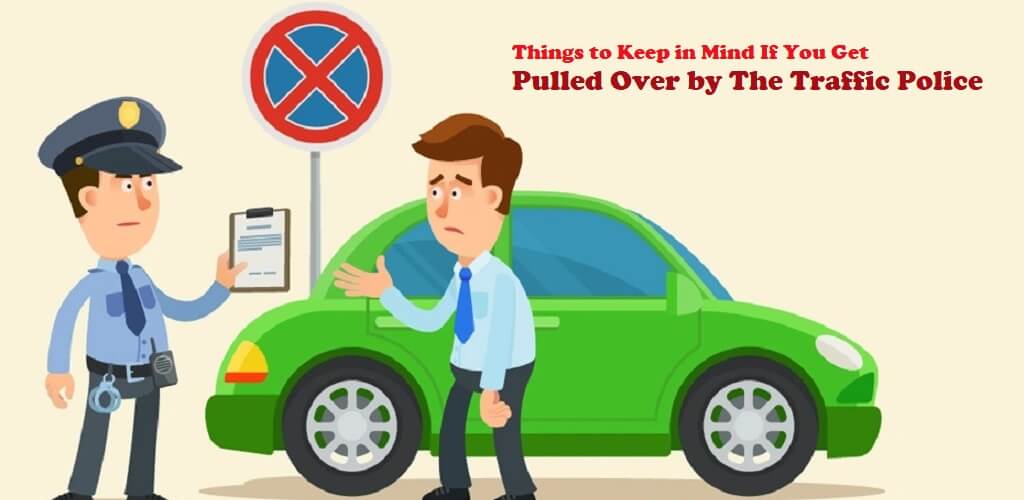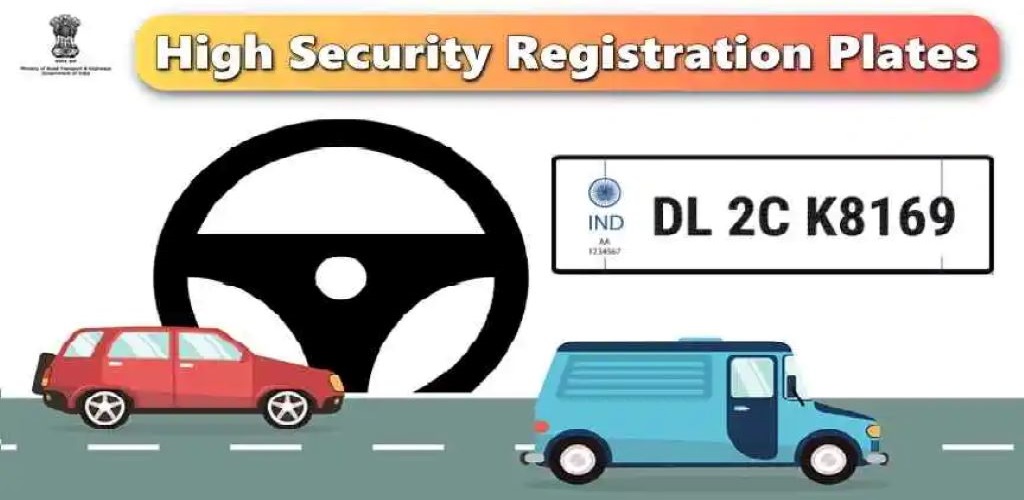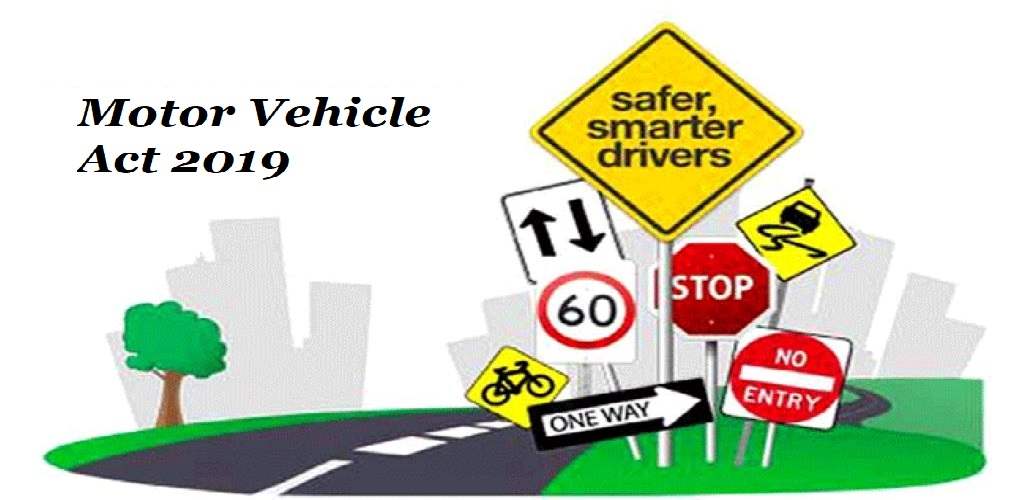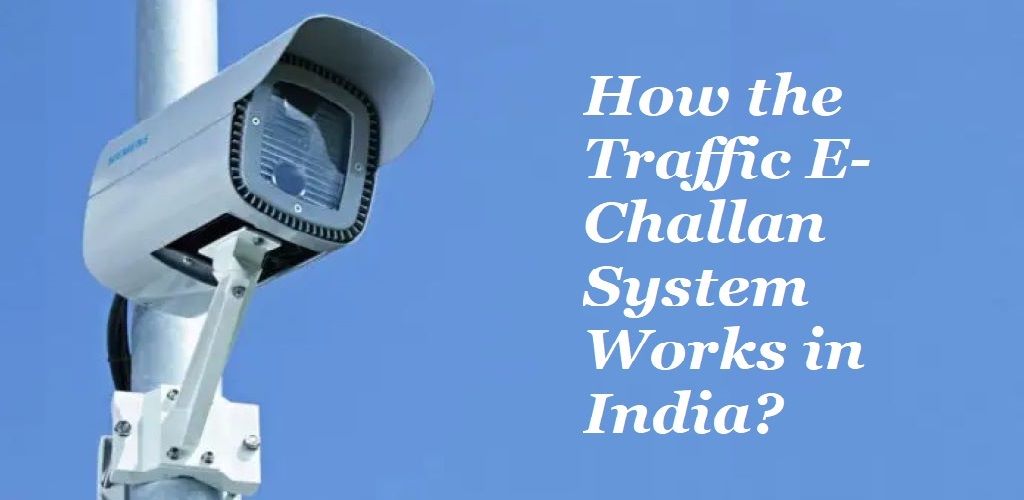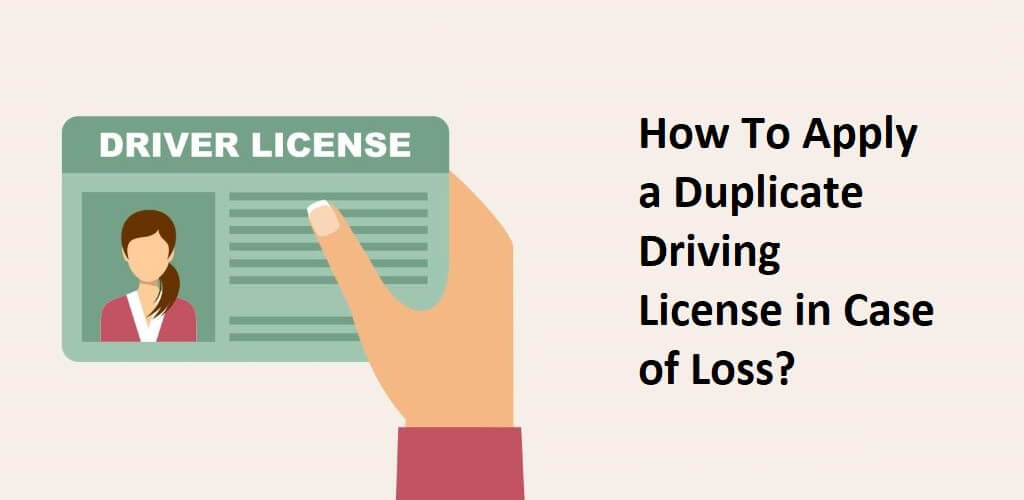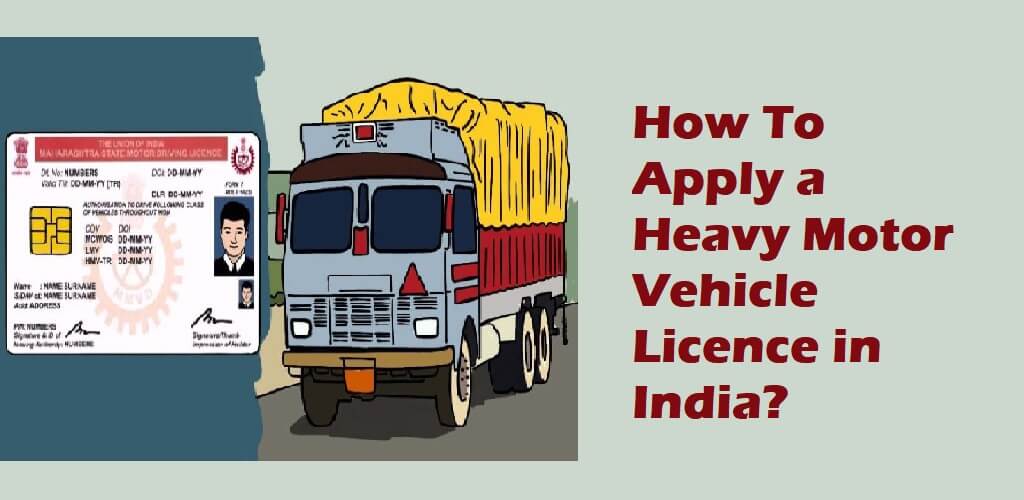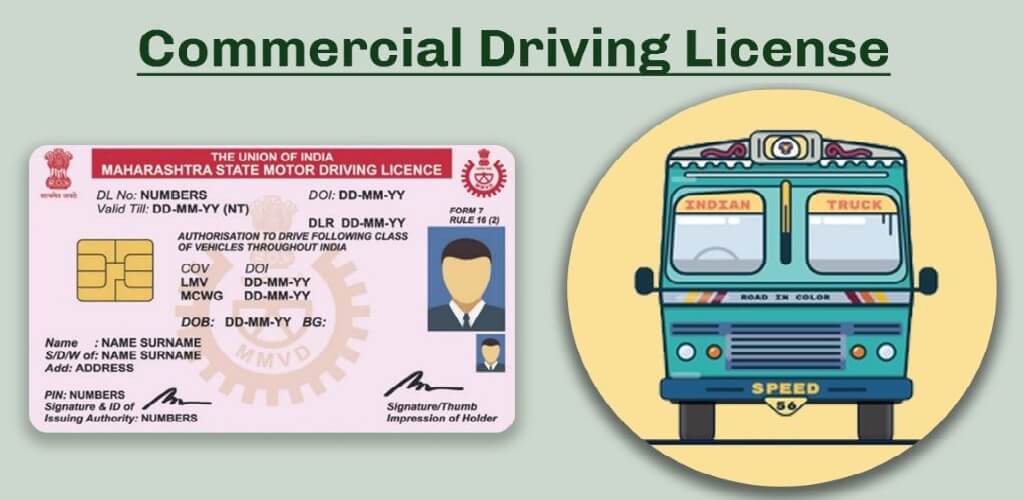India, characterized by its substantial population and challenging traffic conditions, poses difficulties for traffic authorities in upholding law and order. The Motor Vehicles Act of 1988 outlines a specific set of fundamental traffic rules that every individual should comply with. Non-compliance with these rules may lead to traffic police stopping your vehicle on the road.
Being halted by the traffic police doesn’t always indicate an offense. At times, law enforcement stops a vehicle for a routine check to ensure that the driver complies with all motor laws.
Irrespective of blame, engaging with traffic police can be an anxiety-inducing experience. If you are pulled over and find yourself interacting with them, here are some tips to make the encounter more amicable and less troublesome.
What to Do If You Get Pulled Over by The Traffic Police?
Here is the list of the things to do if you get pulled over by the traffic police.
- Cooperate with the Police
It is essential to cooperate with traffic police by promptly stopping your vehicle when signaled to do so. Attempting to evade a stop and continuing to drive can result in serious consequences.
- Pull Over your Vehicle Safely
When pulling over, ensure it is done safely by checking for speeding vehicles in other lanes. Avoid hastily changing lanes and stopping your vehicle to prevent the risk of a major accident.
- Do not Panic
In the event your vehicle is signaled to stop by the traffic police, it’s crucial not to panic. Maintain composure and avoid hastily exiting your vehicle to inquire about the reason for the stop. Instead, roll down your window and wait for the police officer.
This shows cooperation and suggests there’s nothing illegal to hide. Additionally, turn off your vehicle’s engine to signal to the police that you have no intention of speeding away.
- Stay Polite
When interacting with a traffic cop, it’s crucial to speak politely. Extend a courteous apology for any mistakes you may have made. A polite demeanor can work in your favor, potentially leading the officer to issue a warning instead of a challan, especially if the offense is minor.
- Do not Argue with the Cop
It is advisable to steer clear of engaging in an argument with the traffic cop. If you acknowledge breaking a law, accept responsibility. However, if you believe you haven’t violated any regulations, remain calm and politely articulate your perspective to the officer. Seek to comprehend the cop’s viewpoint and engage in a reasoned conversation to clarify your position if you genuinely believe you are not at fault.
- Do not Offer a Bribe to the Cop
Attempting to bribe a traffic cop who has pulled you over is not only unethical but can also lead to serious consequences, including potential arrest. It is strongly advised not to engage in such actions. Instead, if you have violated a traffic law, it is advisable to pay the appropriate fine amount and comply with the legal process.
- Detention of your Vehicle
The traffic police have the authority to detain your Vehicle if you are found in violation of local laws. Common reasons for detention include not carrying essential documents such as your driver’s license or insurance policy. Additionally, parking in designated ‘No Parking’ areas can also lead to the detention of your vehicle.
- Detention of the Driver
The legal process and timeline for presenting an individual in front of a magistrate can vary based on local laws and regulations. In some jurisdictions, some provisions require a person detained for violating motor laws to be presented before a magistrate within a specified time frame, often within 24 hours.
What Documents Can the Police Ask For?
If traffic police pull stop your vehicle, you should present the following documentation:
- The driver’s driver’s license
- The vehicle’s Pollution Under Control (PUC) certificate
- The vehicle’s Registration Certificate (RC)
- Third-party insurance coverage for your vehicle insurance.
Keep the original copies of these documents in your vehicle at all times. The digital versions of these documents are also available for storage on your phone, in your email, or the government-approved digital locker.
What Traffic Police Can Do?
Listed below are the things that Traffic Police may do.
- Pull Over Your Vehicle
It is within the rights of a traffic police officer to pull over your vehicle during a routine check or if there is suspicion of a violation. During such stops, the officer may ask you to present essential documents, including your vehicle’s insurance policy with third-party insurance coverage. This is a standard procedure aimed at ensuring compliance with traffic laws and verifying that motorists have the necessary documentation to legally operate a vehicle on the road.
- Document Confiscation
In certain situations, traffic police have the authority to confiscate one or more of your documents as a consequence of a traffic offense. This may include the confiscation of documents such as the Registration Certificate (RC) or driver’s license. Typically, if your documents are confiscated, the traffic police are required to provide you with a receipt or acknowledgment indicating the details of the confiscated documents.
- Arrest of the Driver
Traffic police have the authority to arrest individuals who have committed serious offenses, and driving under the influence of alcohol is considered a significant violation of traffic laws. Driving under the influence poses a serious risk to public safety, and law enforcement agencies take strict measures to address such offenses.
Know the Rights of the Driver/Rider when the Traffic Police Stops the Vehicle
- You can request their identity from them. If they are not wearing an ID, you might ask to see it or take note of their buckle number. You have the option to decline to show them your documentation if they decline to comply.
- Show your driver’s license, but feel free to withhold it.
- If your license is seized by the police, they are required to give you a receipt from the Traffic Police Department.
- It cannot be towed with someone inside in case you need to be towed.
- You can report an exchange that goes wrong and you believe you were unnecessarily harassed online or at your local police station.
- Only if the police officer is holding an e-challan generator or a valid government-issued challan book may the challan be issued.
- If the police officer is a sub-inspector or above, they are the only ones who can pay the fine immediately.
- Recall that the cops cannot forcibly remove your keys from you or make you get out of your vehicle.
What are the Basic Rules to Follow While Driving On the Road?
The following are some of the basic traffic rules that you must follow while driving/riding your vehicle.:
- Avoid drunk driving
The prevalence of road accidents related to drunk driving has significantly risen in recent years. In response, the government of India has established a permissible limit of blood alcohol, set at 0.03%. Failing to pass the Blood Alcohol Concentration (BAC) test can result in penalties ranging from Rs. 2,000 to Rs. 10,000. Furthermore, individuals failing the BAC test may face imprisonment for a duration ranging from seven months to four years.
- Do not drive a two-wheeler without wearing a helmet (In the Case of Bike)
It is mandatory for all individuals riding a two-wheeler to wear helmets as per the Motor Vehicle rules. Failure to comply may result in a penalty of Rs. 1000 for the drivers. In more severe cases, traffic authorities have the authority to suspend the license of the vehicle owners or drivers for three months.
- Keep a valid insurance policy while driving
Motor vehicle owners are required to have valid third-party insurance coverage following the Motor Vehicles Act of 1988. Failure to possess motor insurance or carrying lapsed insurance can result in penalties. The penalty amounts are Rs. 2000 for a first-time offense and Rs. 4000 for repeated offenses.
- Never forget to wear a seat belt while driving (In the Case of Four-Wheeler)
It is mandatory to wear a seat belt while driving, and failure to do so will be considered a violation of motor vehicle rules, leading to a penalty of Rs. 1000.
- Avoid over speeding
Drivers are advised to avoid exceeding the speed limits set by the government. Failure to adhere to these limits may result in penalties ranging from Rs. 1000 to Rs. 2000.
- Refrain from using mobile phones while driving
According to the new Motor Vehicle rules effective from October 1, 2020, mobile phones can only be used as a navigation tool while driving. Using the device for any other purpose may result in penalization by traffic authorities, including a fine of Rs. 5000 and, in certain cases, one year of imprisonment.
- Always keep an eye on the traffic signals
It is imperative to adhere to traffic signals to avoid penalties, which can amount to up to Rs. 5000 and may also include one year of imprisonment.
- Follow the ‘No Entry’ zone indication
Additionally, it is crucial to observe and respect ‘No Entry’ zones marked with specific signals, as these zones are designated for one-way traffic movement. Entering such zones can lead to accidents, and therefore, should be avoided to ensure road safety.
Frequently Asked Questions
The following are the frequently asked questions related to the traffic police actions and your vehicle.
Running away from traffic police can result in a penalty of Rs. 500 being paid to the Police Inspector (three stars), Sub-Inspector (two stars), and Sub-Inspector (one star).
No, unless there is a problem with excessive speeding, the traffic police are not allowed to impose a fine for the same reason. However, if the offender misplaces the earlier fine receipt, they might have to pay the fee again when using the vehicle in a different state.
Yes, you may be stopped by traffic police for any cause. When driving legally and with all the necessary documentation, traffic police have the right to stop your vehicle for any suspicious activity, but they are not allowed to issue any fines.
No, the Indian Traffic Police cannot take your vehicle keys without your consent to use them as leverage in a bribe.
Look for some of the important information, such as name, address, offense, date, and specifics of your trial court hearing, documents that need to be brought to court, and the name and sign of the traffic police, to determine whether or not the challan is real.

